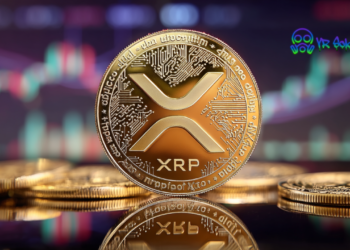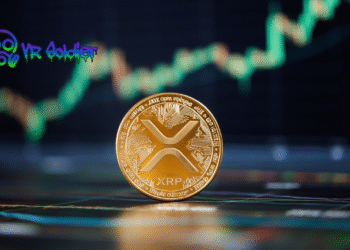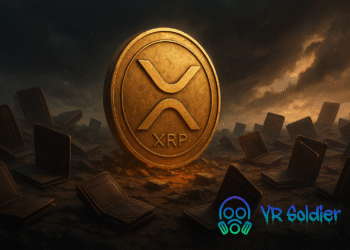Non-Fungible Tokens (NFTs) have become the talk of the town from the past years after the wave in popularity, with record-breaking sales happening in the digital art world. 101 million non-fungible tokens were reportedly traded in 2022, according to Dapp Radar. A little decline from the $25.1 billion in 2021, when the NFT craze initially started, the NFT market generated $24.7 billion in trading volume in 2022. However, NFTs are not limited to art, they have the potential to revolutionize other industries as well, including real estate.
NFTs Basics
Non-Fungible Tokens (NFTs) are simply unique digital assets that are stored on a blockchain network, ensuring their authenticity and ownership. Each NFT is one-of-a-kind, making them highly valuable and sought-after. Now, in the real estate industry, NFTs can be used in several practical ways.
Firstly, NFTs can be used to represent property ownership. Each property can be tokenized and represented by a unique NFT. This can be especially useful in the case of shared ownership, where multiple individuals own a single property. The NFT can be divided into fractions, with each fraction representing a share of ownership. This can make the process of property shares’ buying and selling more efficient, transparent, and secure.
Secondly, NFTs can be used to represent property rights. Property rights can include things like water rights, mineral rights, air rights, and development rights. NFTs can be used to represent these rights, making them transferable and tradable on the blockchain network, thereby making the process of buying and selling these rights more efficient, transparent, and secure also.
Thirdly, NFTs can be used to represent property data. Each property has a vast amount of data associated with it, including property tax records, building permits, zoning regulations, maintenance records etc. Now, NFTs can be used to represent this data, making it more accessible, transparent, and secure as it’s held on the blockchain. This can make the process of buying and selling properties more efficient and can further reduce the risk of fraud.
Final Thoughts
Finally, NFTs have the potential to revolutionize the real estate industry as we know it today. In conclusion, they can be used to represent property ownership, property rights and property data. The use and integration of non-Fungible tokens (NFTs), property buying and selling can be made more efficient, transparent, and secure with use of the blockchain technology. As the technology surrounding NFTs continues to evolve, it will be interesting to see how they are implemented in the real estate industry and what benefits they will bring.
Disclosure: This is not trading or investment advice. Always do your research before buying any cryptocurrency or investing in any projects.
Image Source: gloriasanchez/123RF // Image Effects by Colorcinch












